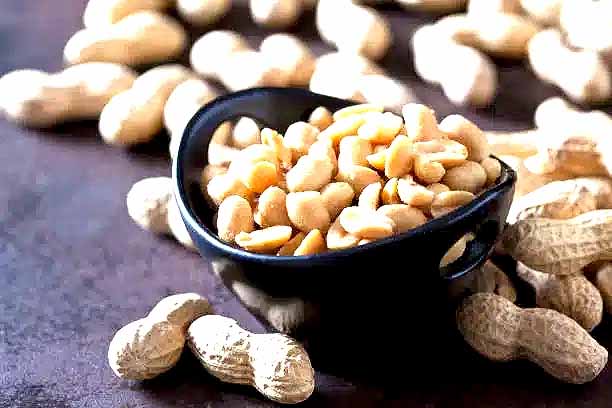by Dominique Lambright
It is possible that during the winter months, peanuts when consumed as part of a balanced diet, might be a decision that is both delicious and healthful.
Peanuts are a healthful and tasty addition to your diet, and they may give many health advantages, making them an ideal choice for consumption throughout the winter season. If you include peanuts in your diet throughout the winter, you may experience a plethora of health advantages, including the enhancement of your immune system and the provision of critical nutrients that help your general well-being.
Include peanuts in your diet throughout the winter months for the following 10 reasons:
Rich In Nutrients
Nutrients such as protein, fiber, vitamins, and minerals are abundant in peanuts, making them an excellent source of nutrition. Your body will get a comprehensive nutritional boost from consuming them, which will assist you in meeting its needs throughout the winter months.
Energy Boost
Peanuts are a fantastic source of energy due to the significant amount of protein that they contain. Consuming peanuts may give a prolonged energy release, which can help you remain energetic and alert during the winter months. This is because the body has to work harder to maintain its temperature.
Heart Health
Peanuts provide monounsaturated and polyunsaturated fats, both of which are beneficial to the heart. While the colder weather may put extra pressure on the heart, these fats may help decrease levels of bad cholesterol, so lowering the risk of cardiovascular illnesses. This can be particularly advantageous when the heart is under increased strain.
Immune System Support
Nutrients that strengthen the immune system, such as zinc and vitamin E, are abundant in peanuts. To protect yourself against the common cold and other diseases that might occur during the winter, it is essential to have a strong immune system. Peanuts are an excellent supplement to your defense against seasonal illnesses.
Weight Management
Studies have shown that consuming peanuts in moderation may be beneficial to weight control, even though they contain many calories. The combination of protein and healthy fats helps to enhance satiety, which in turn reduces the chance of overeating and snacking on bad foods.
Blood Sugar Regulation
Peanuts’ glycemic index is low, indicating that they induce a slower increase in blood sugar levels than other foods. This may be especially helpful for those who are trying to control their blood sugar levels, which is an issue that becomes more prominent throughout the winter months.
Improved Mood
Peanuts include amino acids that are involved in the manufacture of serotonin, a neurotransmitter that is associated with emotions of pleasure and well-being. Peanuts are a good source of these amino acids. If you want to battle the winter blues and contribute to your general mental health, including peanuts in your diet might be beneficial.
Bone Health
Sometimes, winter may reduce sun exposure, which can affect the production of vitamin D. The body’s vitamin D levels are supplemented by the presence of phosphorus. This mineral plays an important role in maintaining strong and healthy bones. Peanuts are an excellent source of phosphorus.
Reduced Inflammation
Peanuts include several antioxidants, including resveratrol, which can reduce inflammation. It is possible that eating peanuts might help reduce inflammation, which is a condition that can become more severe during the winter months and lead to joint discomfort.
Healthy Skin
This is because peanuts contain both vitamin E and vitamin C, both of which contribute to good skin. These vitamins act as antioxidants, intending to boost skin suppleness and hydration during the winter season, when the skin is more prone to dryness.











